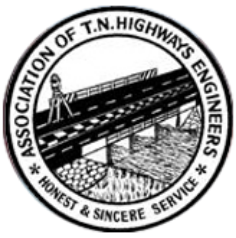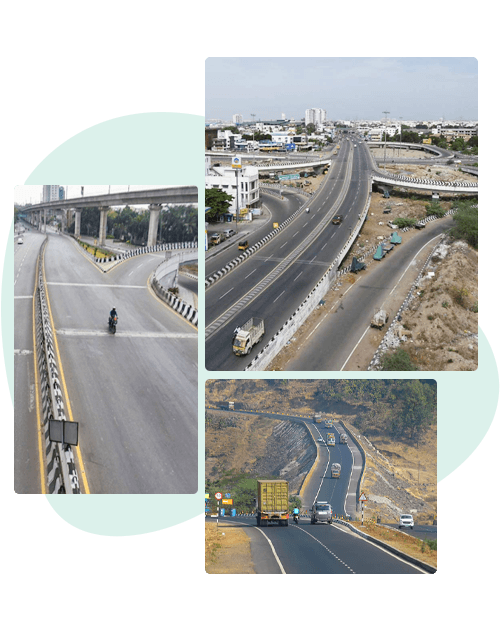About the Association
The Association of Tamilnadu Highways Engineers was started and recognized in the Government order No. 1814 Public Services Department Dt. 21.5.1956.
HIGHWAYS DEPARTMENT – A BIRD’S EYE VIEW (History, Establishment, Accounts, Execution and Quality Control)
In the Civil Engineering curriculum of many Universities, Highways Engineering is of course a neglected area. This inference is drawn because more thrust is given only to the area of buildings. So, in the early days all the technical details were supplied to the Engineers in the form of type designs, pictorial illustrations etc Now a days the practice has been decelerating for unknown reasons.
After the advent of globalization of Indian economy, the infrastructure projects like roads and bridges are given top priority by Central and State Governments. The young engineers recruited for Government services are employed straight away in multi-crore projects – without adequate practical knowledge and training. That is why, the Association of Tamilnadu Highways Engineers, time and again, have appealed to the Government for foundation training to the newly recruited Engineers.
Even the senior Engineers, at times, find it hard to get proper clarification when required, as the Government are not recruiting personnel when required then and there. To fill the gap, the Association undertook the task of compiling various important provisions of codes, manuals and rules for the benefit of the employees.
Highways Department Manual comprises four volumes and they deal with the subjects noted against each of them.
NEIGHBOURING LINKS
We diversified into interactive technology for emerging mediums like Virtual Reality




